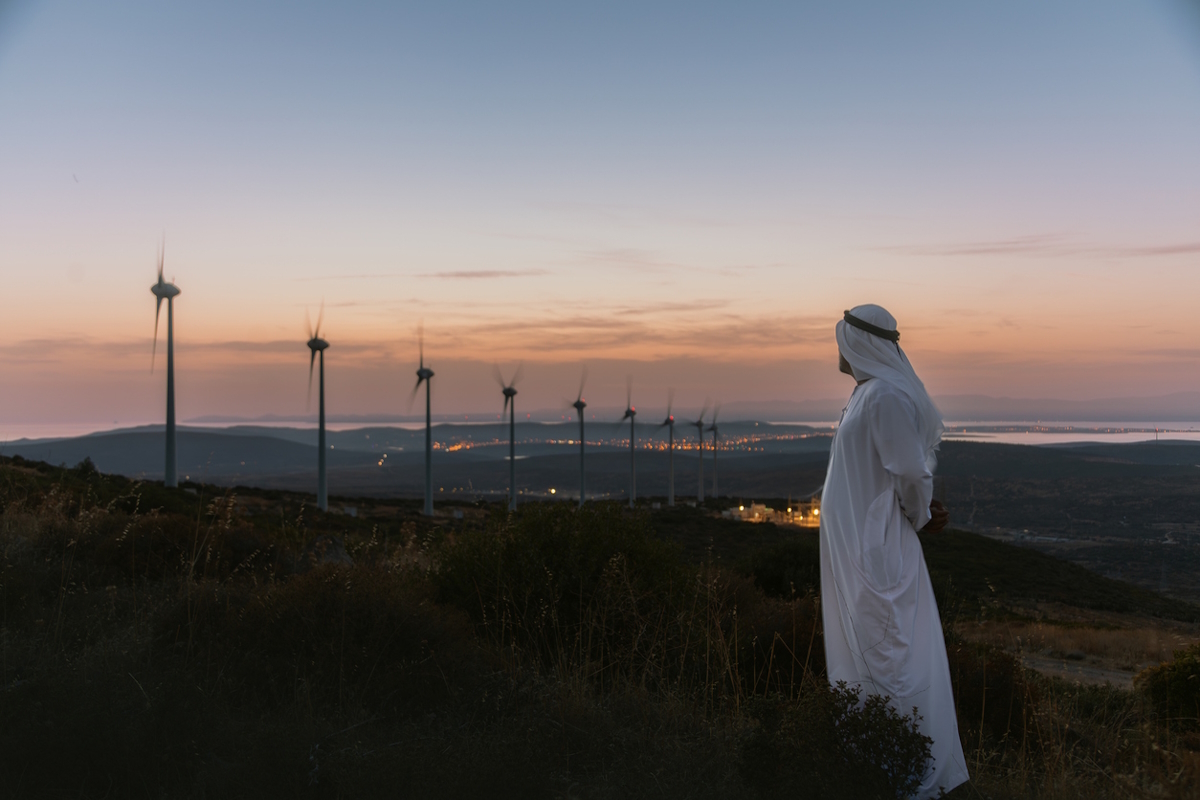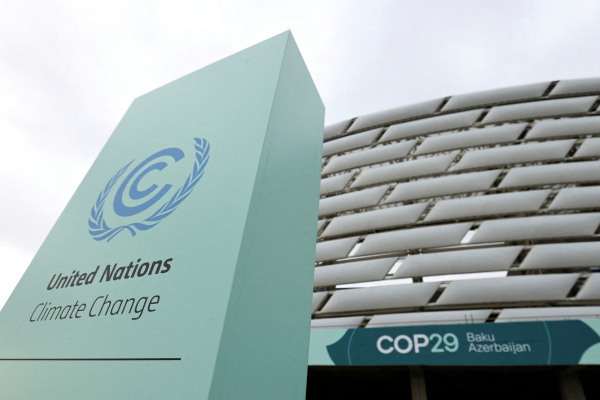Sustainability: learning from the Middle East

Partha Gopalakrishnan at Brane Group argues that, with ESG under fire, boards must now look to the Middle East for lessons to ensure its survival
Across the corporate world in the UK and US, ESG directives and initiatives have come under a withering barrage of fire.
As high interest rates and belt-tightening consumers start to squeeze bottom lines, cost-cutting and streamlining have become the number one priority for CEOs. This search for unnecessary expenditure has seen ESG placed under a harsh spotlight. The outcome has been that many CEOs and fund managers cut ESG out entirely.
This widespread retreat from ESG offers an opportunity for executives with a steady hand to step up and stake their claim to the vacated space – and to the still large market of ESG-conscious consumers and investors.
To get there though, ESG initiatives and directives will have to mutate to adapt to the new corporate landscape. And boards should be looking to the Middle East for lessons.
Long-standing assumptions about corporate culture in the UAE and Saudi Arabia have forced executives there to work doubly as hard to convince foreign consumers and investors of their ESG credentials. This means there’s a wealth of ESG lessons to be mined for US and UK CEOs.
The scale and intensity of the attacks on ESG are a sharp contrast from the heady days of 2021. Now, previous ESG standard bearers in the finance industry are rapidly back-tracking. BlackRock, Deutsche Bank, and UBS’ asset management divisions have all cut the number of funds with ESG mandates and Lloyd’s of London and Allianz have pulled out of net zero alliances. BlackRock has started just four new ESG funds this year, compared to 36 in 2022 (Bloomberg).
This new corporate attitude has been mirrored outside of Wall Street and the City of London and in consumer-facing businesses as well. Consumer giant Unilever recently back-pedalled on its ESG commitments, extending deadlines for some prescribed actions and also scaling down some of its ESG targets (Financial Times).
Many consumers and investors still want to see ESG feature prominently in corporate culture, and they form a highly lucrative demographic. Executives in the US and UK who want to tap into these demographics now face an uphill battle – but it will be one worth fighting.
So, what can executives in the US and UK learn from their counterparts in the Middle East?
The first is to prioritise culture over certificates. ESG in the UK and US has too often centred around certifications and labels, which are supposed to offer global standards and targets. Unfortunately, in reality, they often flatten local cultural nuances and values, creating opposition to ESG and ignoring local markets and communities.
This emphasis on labels and certificates has ended up creating a dense jungle of terminology and acronyms that’s arduous for managers and executives to navigate, and completely obscure for the average consumer or retail investor.
Rather than wasting their time contorting themselves into impossible forms to become XYZ-compliant and get a new international certificate, executives would be far better served integrating local values and communities into their ESG strategies.
This has long been a central pillar of ESG in the Middle East, with large corporates like Majid Al Futtaim, a retail and hospitality conglomerate, pioneering a locally-informed strategy that spans adapting building designs, promoting local crafts and products, and hosting events that align with local cultural and religious festivals.
A second lesson that others can learn from the Middle East’s ESG initiatives, is the long-term vision of their investments. The region’s funds have always understood that transitions take time and that projects can take decades to mature. Investors, of course, need returns, but these can be staggered incrementally to ensure that the long-term vision isn’t compromised.
Masdar, the UAE’s state-owned renewable energy company, has long-term investments at the core of its drive to diversify the country’s economy away from oil dependence. The firm invests globally, both in projects that can quickly generate revenue like solar power plants in Morocco, but also in long-term projects, such as wind farms in the UK.
These steady, patient investments in a global range of projects ensure sustainable returns over time. Fund managers in the US and UK can roll out similar strategies to placate investor demands for returns in the short term, whilst ensuring long-term commitment to projects that take decades to mature.
Finally, the Middle East has also a culture of deep collaboration between the public and private sectors in ESG initiatives. Corporations and asset managers in the US and UK have received little support from the government in their pursuit of often costly ESG targets. Equally, their deep expertise has not been brought into government-led projects to the detriment of every side involved.
Saudi Arabia, on the other hand, has driven a combined front approach on ESG measures, particularly its pivot away from oil in its Vision 2030 initiative. Part of this is the National Renewable Energy Program (NREP), where Aramco, the world’s largest oil company, is working hand-in-hand with the state to develop large-scale solar projects.
Executives in the US and UK should seek stronger partnerships with government agencies and regulators to increase the impact of their ESG initiatives and ensure they align with national priorities, unlock regulatory support and open up access to public resources.
In the US and UK, ESG is in choppy waters. Battered by waves from all sides, more and more executives are retreating. For executives with a steady hand, though, there is a way to navigate through the storm.
Corporations in the Middle East can offer some pertinent lessons for these executives, including integrating local cultures, long-term policies, and public-private collaboration into their ESG strategies. They might then find that ESG emerges through the firing line and as a more potent force than ever.
Partha Gopalakrishnan is President and Partner at Brane Group and founder of PG Advisors
Main image courtesy of iStockPhoto.com and serts

Business Reporter Team
Most Viewed
Winston House, 3rd Floor, Units 306-309, 2-4 Dollis Park, London, N3 1HF
23-29 Hendon Lane, London, N3 1RT
020 8349 4363
© 2024, Lyonsdown Limited. Business Reporter® is a registered trademark of Lyonsdown Ltd. VAT registration number: 830519543





